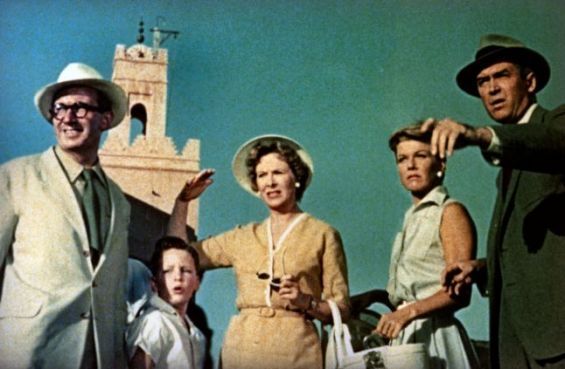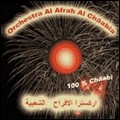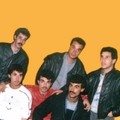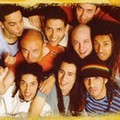The Master of Suspense, British director Alfred Hitchcock flew in 1955 to Marrakesh to shoot a remake of his own earlier film «The Man Who Knew Too Much». The thriller movie directed and produced by Hitchcock was based on the story of a French family that was vacationing in Morocco.
Starring James Stewart and Doris Day, the movie was an opportunity for the British filmmaker to adapt his twisted plots to the Kingdom’s atmosphere. Premiered at the 1956 Cannes Film Festival on April the 29, the film narrates the story of a secret agent who gets assassinated in the streets of Marrakech, trying to foil the assassination of the British Prime Minister.
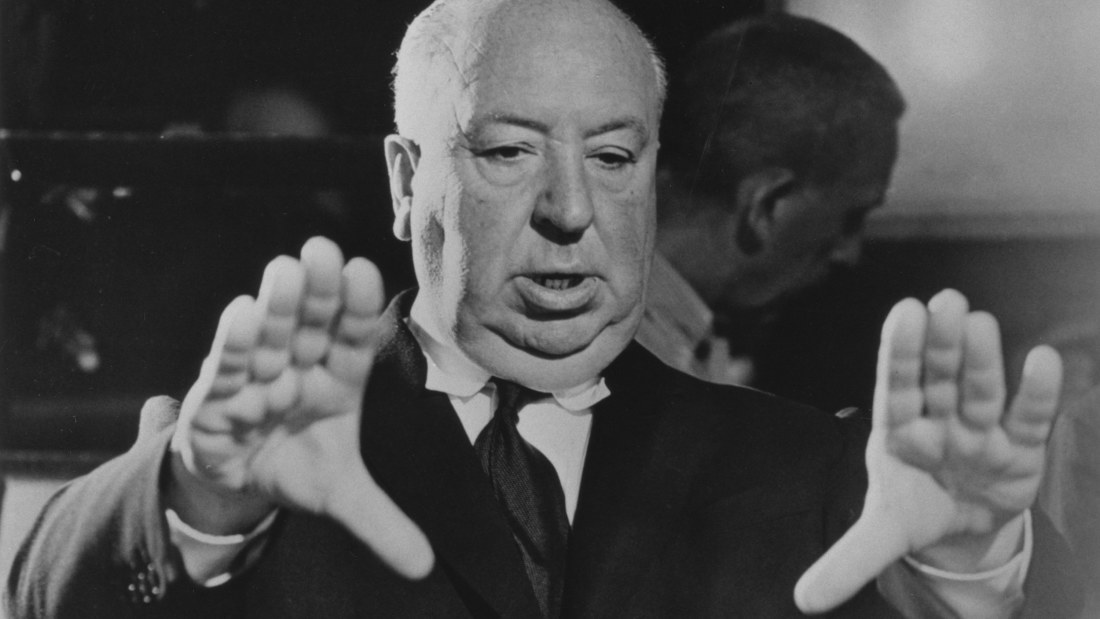
In his book «Alfred Hitchcock's America» (John Wiley & Sons, Apr 12, 2013), Canadian film scholar Murray Pomerance reports that the «Marrakesh production» of Hitchcock’ movie «occurred between May 13 and May 23, 1955».
Obtaining Thami El Glaoui's permission
But before the British filmmaker arrives in Morocco with his team, Paramount Pictures had to secure logistics in the red city and get the necessary permissions. According to the same book «permission for the Marrakech shooting was obtained from El Glaoui, who was sympathetic to the French, by Edouard de Segonzac, managing director of Paramount’s Paris office».

The Hitchcock crew received the confirmation of the Pasha on April the 25th of the same year, thanks to the friendship that brought Segonzac’s uncle and El Glaoui together, recalled Pomerance. The latter indicates that «filming local citizens» was not an issue for producers and extras were hired for «three to five hundred francs per day».
However, the Hitchcock team were met by a condition set by the Pasha, which put them under pressure while filming the Marrakech scenes. In fact, the shooting «had to be completed prior to the commencement of Ramadan», says the Canadian writer.
This requirement, according to him, was a «crimp in the preparations since it meant that the script for the Morocco scenes would have to be completed very quickly».
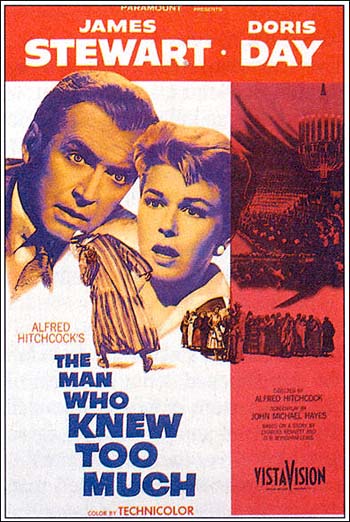
But having the permission of El Glaoui did not mean that everything went as expected. Pomerance wrote that while «armed soldiers were on the roof tops overlooking the Souk area», where parts of the movie were shot, crowds became «hostile» and «filmmakers were recommended to suspend filming immediately and get their cameras off sight».
Bab Doukkala and Bab El Khemis in Hitchcock's movie
While in Marrakech, Alfred Hitchcock chose several areas at the medina as his movie’s location, which can be easily spotted in the movies first scenes.
According to platform Cultural Trip, the director «opens his suspenseful film The Man Who Knew Too Much with a scene of a bus entering Bab Doukkala gateway, a historical landmark within the city of Marrakech».
He later shows the «same bus coming through Bab El Khemis, a very lively flea market full of a load of old junk and hidden treasures».
Moreover, the French family stay while in the city, as in the movie’s plot, at La Mamounia, the luxiourious hotel where British Prime Minister Winston Churchill stayed at after the Anfa Conference.
Hitchcock also used the Jamaa el-Fnaa square as a «backdrop of his film», added the same source.
Morocco, the US and Hitchcock
«The Man Who Knew Too Much» received positive criticism and won an Academy Award for Best Original Song for a song that was sung by the movie’s protagonist. But for critic Brian Edwards, choosing Morocco as a location for the Hollywood movie was for a reason.
In his book «Morocco Bound: Disorienting America’s Maghreb, from Casablanca to the Marrakech Express» (Duke University Press, Oct 7, 2005), Edwards explains that «Morocco was in the midst of its revolutionary troubles» when the movie was shot on location.
According to him, «Morocco provided Hitchcock with the opportunity to think through a series of questions that are foregrounded in the film : race, domesticity, and the tensions between the United States and Europe a Americans take their place on the world stage».




 chargement...
chargement...




